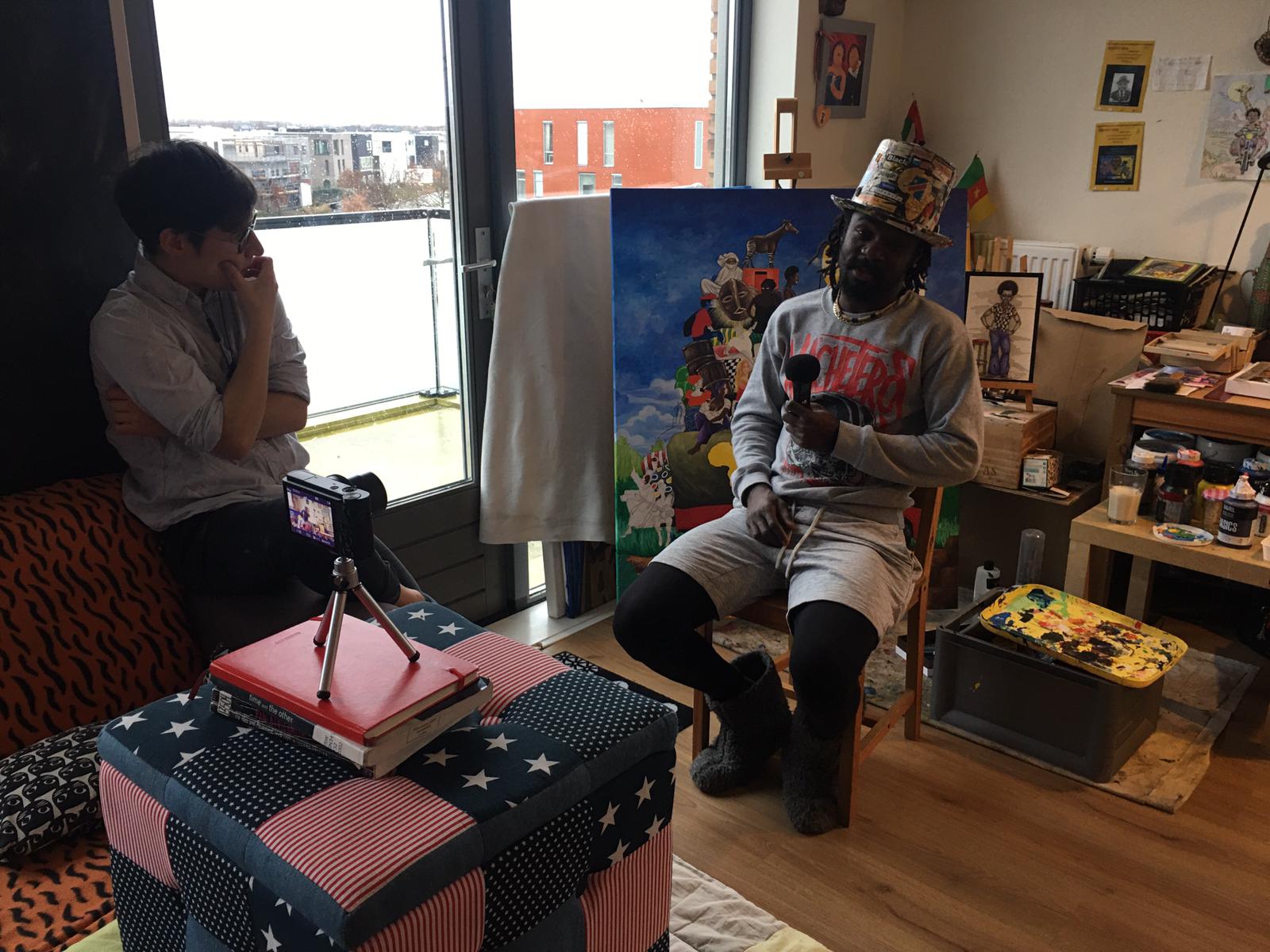Congo crisisNegotiating Power in Africa
A Blank Spot in the Drawing: The Organisation of African Unity and the Congo Crisis
February 20, 2020
Corinna Billmaier

The course aims to study 20th-century African history through the lens of power and historiography. History writing is a process of power, producing dominant narratives that structure the way in which we understand the world. The Congo crisis of the 1960s is such a historic event that we have learned to understand through a lens that privileges external perspectives that emphasise international intervention, Cold War rivalries, failed decolonization, and the Congo as perpetual heart of darkness (Dunn 2002).

The seminar focuses particularly on how power is being received, consumed, negotiated and reproduced by people subject to power structures in Africa, thus emphasising the existence of multiple truths and multiple histories. We use the case of the historiography of the Congo Crisis of the 1960s to open up space for alternative historiographies that occur in the vernacular as a means to understand what this dramatic historic event means for people in the Congo and how they in the present reflect on the power politics of the past.
Putting theory to practice, the students work with the drawing L’Indépendent Sanguine, Congo 1960-1965 by the Congolese artist Sapin Makengele (who has also interacted with the students during the course) as a point of entrance into the study of historiographies of the Congo crisis. The students are challenged to develop their own case study in the form of a visual and/or online publication. From here a also project about the post-colonial crisis in Cameroon.
This block consists of ten projects, also see the Congo-Crisis page for an overview of the projects and the drawing.
This block consists of two projects, also see the Cameroon crisis page.